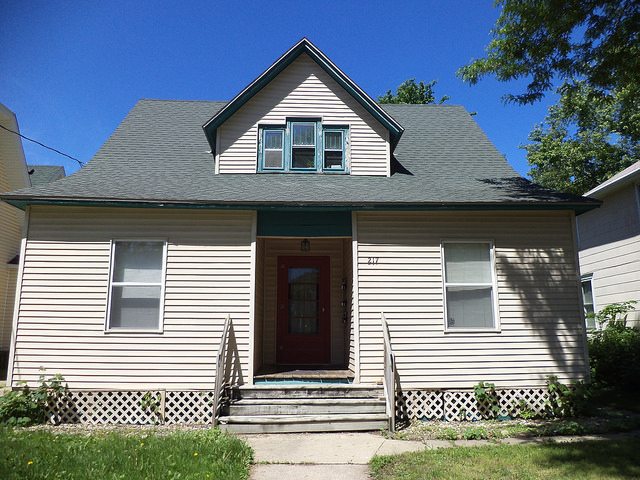In the past two issues, I have explained how credit and background checks affect your ability to rent, and now we will look at how to put everything together to help you find a place to live. The first thing to do is to make sure you are looking at different types of accommodations. Most people aim for an apartment, but that may not be attainable. Apartments are expensive in the District and competition is steep, especially for affordable ones. In fact, many Congressmen have been found to sleep in their offices to save on rent in the District.
Before starting your search, try and make yourself the most attractive rental candidate possible. One way to do that is to save enough from your tax refund to pay the security deposit and a few months’ rent up front. (This will be in the form of a cashier’s check or money order, not in cash.) This option is especially important if you have bad credit or have had evictions in the past. The more money that you can pay up front, the less your landlord will worry.
One option is to trade on some of your skills. For example, if you have experience in maintenance, particularly as an electrician, carpenter, or plumber, you should be contacting owners of multi-unit rental properties. Maintenance costs are a huge expense for any landlord and if you can save them money by doing the work, you could possibly negotiate to stay in a unit either rent-free or at a reduced rent in exchange for performing maintenance on the property.
To start on the path out of homelessness, I believe that the best option is renting a room. They are much more affordable than apartments. A quick glance at the Washington Post Rentals-Roommates section found 60 listings with reasonable prices. You could pay $625/month in the Alexandria and Arlington area, or pay around $500/month in the Capital Heights and Beltsville areas. In many cases, the landlord lives in the house and rents out the rooms. In that case, you will usually have access to the kitchen, laundry room,possibly even the living room and television.
Single rooms are usually rented by individuals, not property management companies. You can expect to fill out a form and arrange to meet the owner. He or she will ask you some questions, mainly about your job and how much you make. Utilities are included in most cases and you share a bathroom. Security deposits vary. One unit in Fort Washington has a rent of $170/week with a security deposit of only $100. Most prices listed range between $500-$800 and several are higher than that. Prices seem to be a little bit lower in Maryland than Virginia, but you have to take your transportation needs into account.
Other options include Habitat for Humanity and Section 8 vouchers, which I’ll explore later in the year.
Arthur Johnson is a volunteer columnist for the Street Sense, focusing on Finance and Economic issues. He has two Bachelor’s Degrees in Sports Management and Economics, and substantial experience working with people experiencing homelessness. If you have questions about this article or suggestions for topics you would like to know more about, please email him [email protected].




